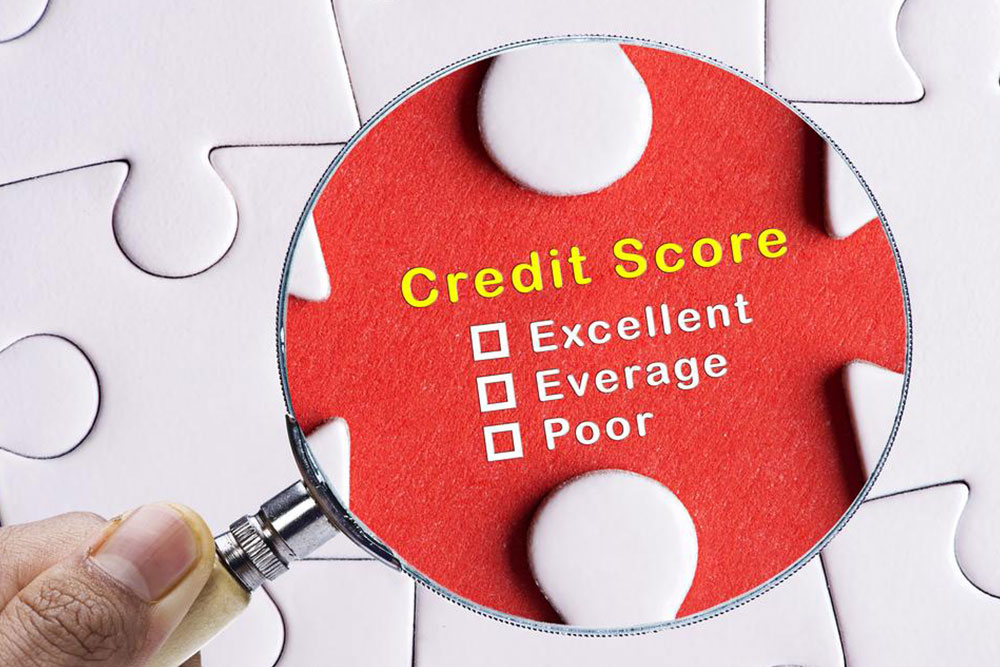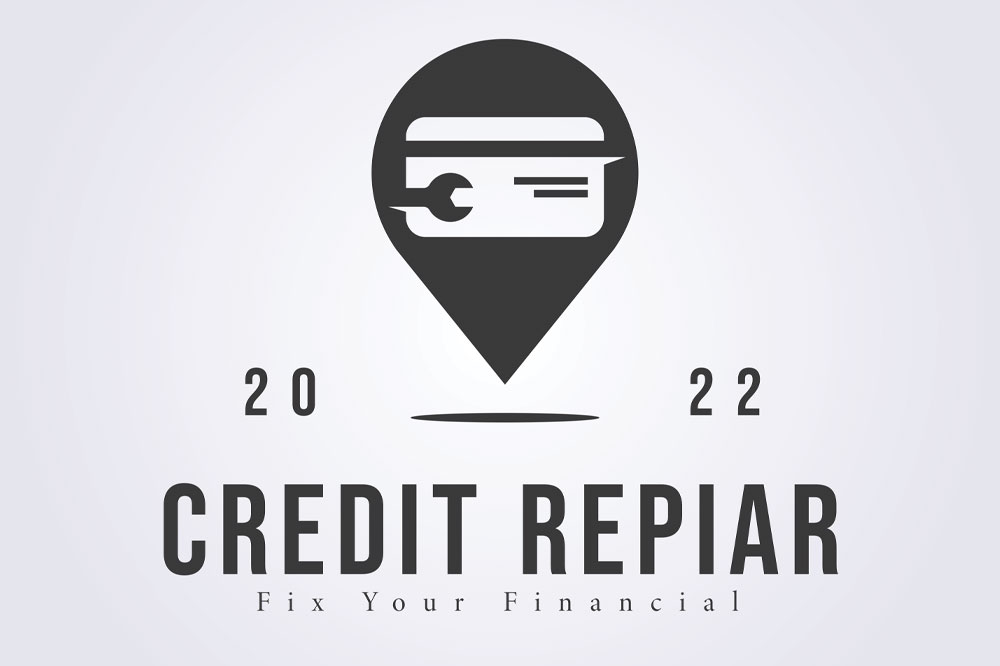Strategies to Improve and Repair Your Credit Profile
Learn effective, DIY strategies to repair and improve your credit score. From reviewing your credit report to managing debts and utilizing credit wisely, discover proven steps that can help boost your credit health without costly services. Patience and responsible credit management are key to seeing long-term improvements.
Sponsored

Proven Strategies to Enhance Your Credit Score
Enhancing your credit score involves a series of strategic actions aimed at cleaning up your credit history. You don’t need to rely solely on credit repair agencies; many steps can be performed independently, saving you money on professional fees. Accurate negative details can stay on your report for up to a decade, but proactive efforts can help build a positive credit history over time.
Start by thoroughly reviewing your credit report. Use online resources to understand how to interpret your report, and dispute any incorrect information. If you identify unauthorized accounts or unfamiliar entries, it might indicate identity theft. Verifying and rectifying such issues is crucial to maintaining a healthy credit profile.
Next, focus on improving your payment record, as it is a primary factor in credit scoring models like FICO. Making timely payments and settling overdue balances can significantly boost your score. Removing late or missed payments from your record can lead to steady improvements over time.
Another key aspect is managing your credit utilization rate—the ratio of your current debt to your total available credit. Keep this percentage low by paying down balances and avoiding maxing out credit lines. Be cautious when increasing credit limits or opening new accounts, as these actions can temporarily impact your score but may help in the long run if managed properly.
Review your credit accounts and aim to pay down debts while maintaining open accounts with positive histories. Closing longstanding accounts can sometimes harm your credit score, especially if they have a good payment reputation. When opening new cards, consider the potential temporary impact due to hard inquiries and avoid opening multiple accounts simultaneously.
If managing debt becomes overwhelming, consider consulting credit counseling services. These professionals can help develop a Debt Management Plan (DMP), negotiate repayment terms, and consolidate payments. This approach shows on your credit report but does not negatively affect your score.
Be patient. Updated information can take about a month to reflect on your credit report. Consistent, responsible credit habits will gradually improve your credit profile, helping you secure better financial opportunities in the future.






